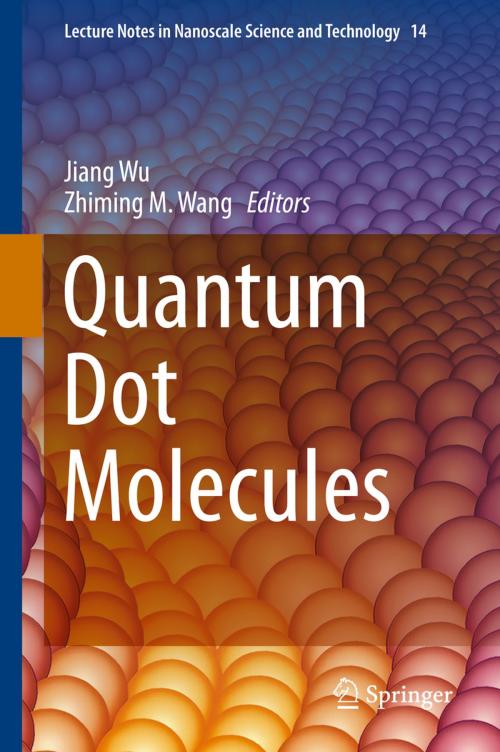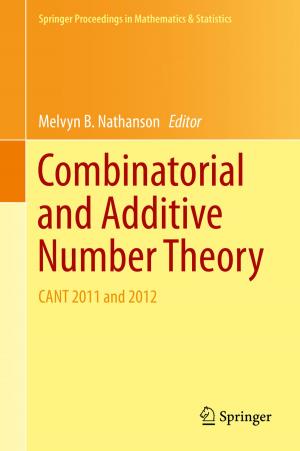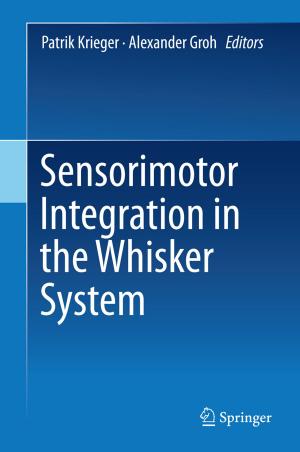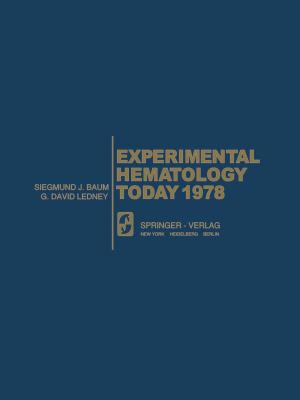Quantum Dot Molecules
Nonfiction, Science & Nature, Science, Physics, Optics, Technology, Material Science| Author: | ISBN: | 9781461481300 | |
| Publisher: | Springer New York | Publication: | October 28, 2013 |
| Imprint: | Springer | Language: | English |
| Author: | |
| ISBN: | 9781461481300 |
| Publisher: | Springer New York |
| Publication: | October 28, 2013 |
| Imprint: | Springer |
| Language: | English |
A quantum dot molecule (QDM) is composed of two or more closely spaced quantum dots or “artificial atoms.” In recent years, QDMs have received much attention as an emerging new artificial quantum system. The interesting and unique coupling and energy transfer processes between the “artificial atoms” could substantially extend the range of possible applications of quantum nanostructures. This book reviews recent advances in the exciting and rapidly growing field of QDMs via contributions from some of the most prominent researchers in this scientific community. The book explores many interesting topics such as the epitaxial growth of QDMs, spectroscopic characterization, and QDM transistors, and bridges between the fundamental physics of novel materials and device applications for future information technology. Both theoretical and experimental approaches are considered. Quantum Dot Molecules can be recommended for electrical engineering and materials science department courses on the science and design of advanced and future electronic and optoelectronic devices.
A quantum dot molecule (QDM) is composed of two or more closely spaced quantum dots or “artificial atoms.” In recent years, QDMs have received much attention as an emerging new artificial quantum system. The interesting and unique coupling and energy transfer processes between the “artificial atoms” could substantially extend the range of possible applications of quantum nanostructures. This book reviews recent advances in the exciting and rapidly growing field of QDMs via contributions from some of the most prominent researchers in this scientific community. The book explores many interesting topics such as the epitaxial growth of QDMs, spectroscopic characterization, and QDM transistors, and bridges between the fundamental physics of novel materials and device applications for future information technology. Both theoretical and experimental approaches are considered. Quantum Dot Molecules can be recommended for electrical engineering and materials science department courses on the science and design of advanced and future electronic and optoelectronic devices.















